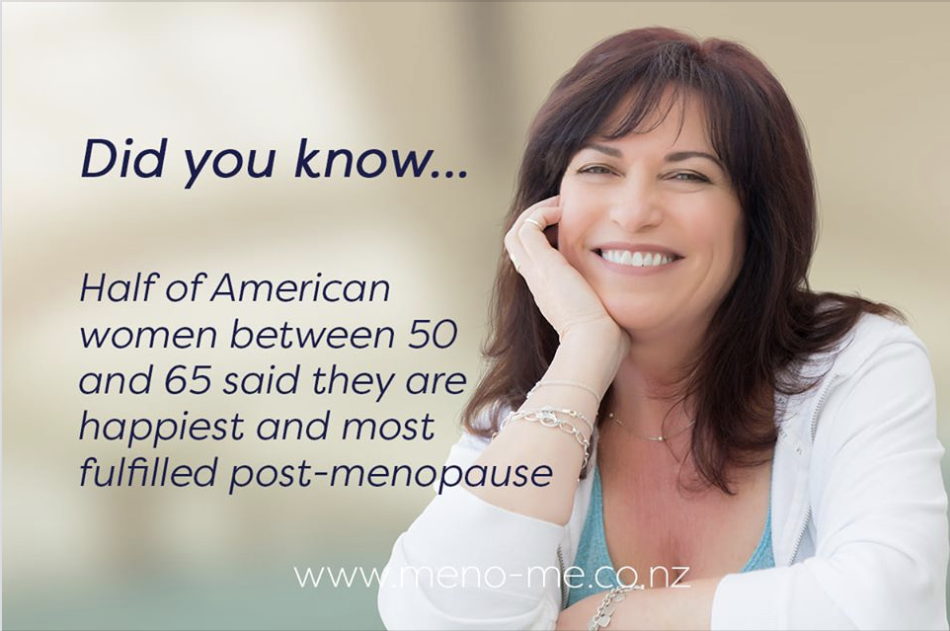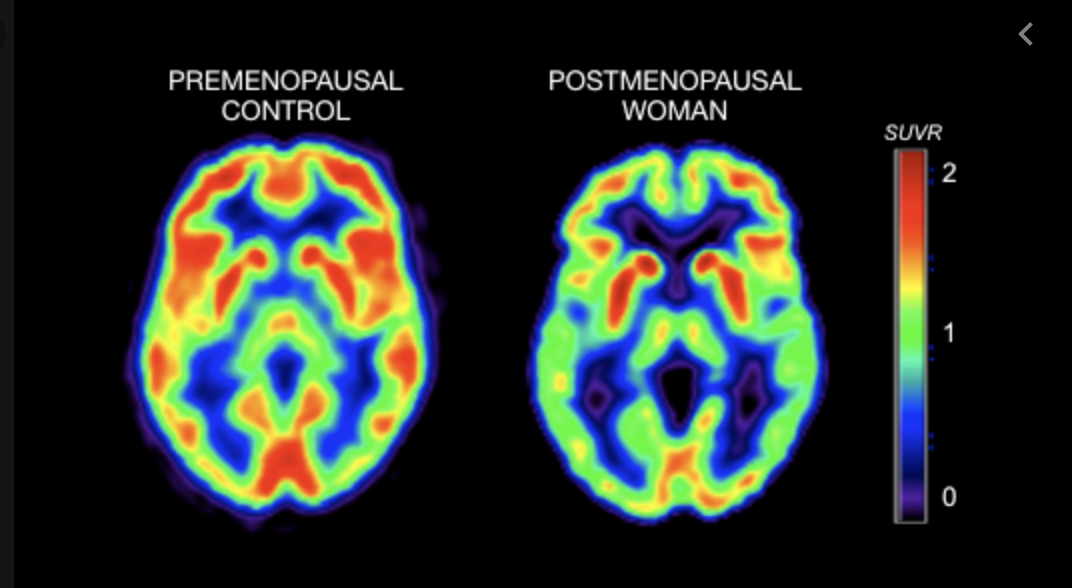How Will Post-Menopause Change My Life?

How will post-menopause change your life?
We’re so glad you asked. Post-menopause leads to several physiological changes and there are certain health factors you need to be increasingly mindful of.
But first? The basics.
What does post-menopause mean?
Post-menopause is the term for the time in our lives that follows perimenopause (and menopause). Our estrogen levels fall and our reproductive systems shut up shop as we move into mature womanhood.
A woman is considered to have officially reached post-menopause when she has not had a period for 12 months.
NB: This 12-month mark is also the time when we know for sure that we’ve reached menopause itself. As a word/term ‘menopause’ is not very useful as it can only be used correctly in hindsight.
The good news about post-menopause
A lot of the less than pleasant symptoms that can accompany perimenopause like fatigue, mood swings and night sweats diminish or (happily) stop altogether.
If your energy has been depleted during perimenopause you should find it comes back, however, hot flushes may continue for a while longer.

The other good news is that so many women report feeling a sense of freedom and feeling happier than they have for years.
What happens to our health post-menopause?
Lower estrogen levels (we still do have some estrogen flowing in our bodies) mean we become more at risk of health conditions such as osteoporosis and heart disease.
We’re also more at risk of breast cancer (see this study) and dementia. Also, if excess weight is a problem for us we’re more vulnerable to health conditions such as Type 2 diabetes.
This is why it’s essential to look after our health and continue to check in with the doctor for regular smears, mammograms and health checks.
Osteoporosis
Osteoporosis is a disease of the bones characterised by a reduction in bone density. It occurs post-menopause. According to Healthline, we may lose up to 25 percent of bone density up to the age of 60. Ask your doctor to send you for a DEXA scan to measure the density of your bones.
https://osteoporosis.org.nz/osteoporosis-fractures/who-is-affected/
Heart Disease
According to the New Zealand Heart Foundation, 60 Kiwi women die from heart disease every week. In Australia, this figure sits at 22 per day – three times the rate of breast cancer. The most common risk factors for heart risk are high cholesterol, being overweight and physical inactivity. According to the Australian Heart Foundation, our risk increases significantly around menopause when our estrogen levels decline. Ask your doctor to check your cholesterol and blood pressure.
FYI: Signs of a heart attack include chest pain as well as – not so well-known – breathlessness, nausea, arm or jaw pain.
Dementia/Alzheimer’s
Alzheimer’s is the most common form of dementia.
Gwinganna Lifestyle Retreat’s favourite female doctor, Dr Karen Coates, is passionate about integrative health and women’s health. At a recent talk, she spoke about how dementia has taken over from heart disease as the number one killer of women. We know that sometimes the brain fog or forgetfulness of the meno years can make some of you nervous you’re falling prey to the disease. Thankfully most of the time this is unfounded. Our vulnerability comes back once more to the reduction in estrogen as we grow older; one of estrogen’s roles, among so many others, is to play a part in brain function. Researchers at Weill Cornell Medicine are currently studying whether the hormonal changes of menopause affect the development of dementia. Estrogen protects our brain from ageing and they’re researching whether it may help prevent the ‘clusters’ of plaque associated with Alzheimer’s disease.

What can you do to ensure you have a healthy post-menopause?
While some things are out of our control there are plenty of lifestyle guidelines we can follow for best health. If you already do them they’re a wonderful health history to have and will stand you in good stead at this time of your life.
1. Eat a nutritious diet complete plenty of lean protein, whole grains, good fats, and lots of green leafy vegetables.
2. Focus more on phytoestrogen foods which contain nature’s estrogen. Plant-based diets are particularly rich in them. This study showed phytoestrogens can reduce hot flushes if you’re still experiencing them. And this one showed phytoestrogens can help with bone loss making them protective against osteoporosis
Phytoestrogen foods include:
- Broccoli
- Beans
- Peas
- Carrots
- Apples
- Pomegranates
- Spinach
- Flaxseeds
- Sesame seeds
- Oats
- Lentils
- Soybeans
- Tofu
- Tempeh
If you’ve heard that soy is controversial this may help.
3. Cut out refined sugar and all processed foods. Our midlife bodies can’t handle the work involved in processing them.
4. Know that vitamin D is essential for bone health.
5. Weight-bearing exercise helps keep bone density up.
6. It maybe goes without saying but ditch cigarettes and reduce alchohol.
7. Reduce stress.
We’ve included magnesium, vitamin D and Enzongenol in 55+ specifically to support bone, brain and heart health post-menopause. 🙂






